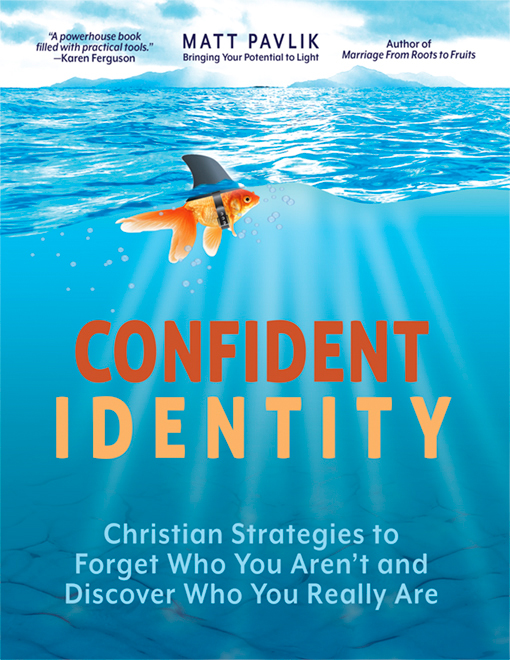A husband’s betrayal causes his wife significant pain. While both are out driving, he loses lost control of his car and smashes into her car. He had been drinking. How can she recover from this betrayal?
Both are thrown from their cars and somehow land next to each other. The husband touches his head and discovers a sizeable bump. The wife can’t move her leg; it’s broken.
The husband keeps mumbling that he is sorry. But his wife doesn’t believe him.
How could you do this to me? I’ll never be able to forgive you. You could have killed me. You need help. You need to fix this so I’ll be able to walk again.
When the ambulance arrives, the wife can’t stop talking about her husband.
It’s my idiot husband who broke my leg. Make sure he gets help for his alcohol problem.
When the paramedic asks if she wanted treatment for her leg, she declines.
This is my husband’s fault. I don’t need help because I didn’t do anything wrong. He is the one who needs to figure out why this happened and how he can make this right. If I get my leg fixed, then he will think this is no big deal and he’ll never stop drinking.
A Physical Accident Should Not Be Different Than an Emotional Betrayal
A physical accident will probably never play out like that. No one in their right mind would refuse to have their broken leg treated. However, I’ve seen an emotional accident create this kind of response in the person who was betrayed. The logic goes something like this:
Why should I be inconvenienced with counseling when it’s my husband who has the problem? It’s his fault. He’s the one who should face the consequences. I don’t need counseling. He does.
This assumes that receiving medical care for a broken leg is somehow different than receiving emotional care for a broken heart. Medical care seems to be deserved but counseling is a punishment. As someone who works as a counselor, this saddens me.
Why are these two healing procedures treated so differently? I think it is because the medical model requires very little of its patients. The doctor does all the work. The patient is usually given pain killers to numb the pain. It’s obvious that a whole leg is better than a broken one. It’s obvious that the broken leg was the husband’s fault.
A person with a broken heart can nurse bitterness for a long time without feeling obligated to do anything about it. Some people might even encourage unforgiveness as a consequence: Forgiveness is a sign of weakness. It can feel like the only leverage a person has against a repeat offense.
A well-known saying applies here. Unforgiveness is like drinking poison to make the perpetrator suffer. But this doesn’t work emotionally either because the victim ends up giving up too much control over their own life just to make a point. Why would anyone want to suffer more? Maybe they are desperate to know if their suffering matters to the perpetrator.
Others have the power to hurt you but they don’t have the power to make you well.
This is an unfortunate fact of life. This is why forgiveness is necessary. Only Jesus has the power to make you well. We appeal to Him through prayer so that we might be healthy again.
Therefore, confess your sins to one another and pray for one another, that you may be healed. The prayer of a righteous person has great power as it is working.
James 5:16 ESV
We forgive others so that our hearts are open to receiving God’s forgiveness.
And whenever you stand praying, forgive, if you have anything against anyone, so that your Father also who is in heaven may forgive you your trespasses.
Mark 11:25 ESV
Forgiveness doesn’t prevent God from working in the perpetrator’s life, but unforgiveness might prevent God from working in yours. Counseling is supposed to be an emotional healing process, not a burden. If you’ve suffered an emotional injury, why not seek all the help you can get?
When you are in a state of unforgiveness, you are spiritually weak. But having forgiven, you are strong. Unforgiveness is about trying to maintain control over something you can’t control. Forgive today so you will be healed.
More about relational health.
Image by Queven from Pixabay
Matt Pavlik is a professional counselor, author, and devoted follower of Christ. With decades of experience in Christian counseling, he writes with theological depth and everyday clarity. His resources—centered on salvation, identity, marriage, and emotional healing—are anchored in Scripture and guide believers to discover the freedom of their identity in Christ and the security of their salvation in Him. He and his wife Georgette, married since 1999, live in Centerville, Ohio, and have four adult children.




Leave a Reply